Since slavery, society constantly stereotyped, criticized and judged Black people for their hair types and styles. This discrimination paved the way for prisons, jobs and internships to deny Black men employment based on their hair. These discriminatory acts occur not only in the workforce and in society but also inside Black households. Acts such as banning traditional Black hairstyles prelude to the idea that Black men cannot wear their natural hair or any cultural hairstyles without backlash from “unprofessionalism.” Nobody should feel the pressure to hide their genes or shave off their culture.
Recently, a father on TikTok decided to punish his young son for causing trouble in school. The father cut off his son’s locs and made him return to school bald as a punishment method. Shaving Black men’s hair as punishment has continuously occurred throughout history. Black men experience stereotypes and dehumanization for their hair texture. The colonizers called the slaves’ hair dreadful and compared Black hair to fur or wool rather than actual hair. During slavery, slave masters would cut off slaves’ hair before putting them on the market to sell; they would also cut slaves’ hair to strip away their culture or in an attempt to discourage and degrade them. These dehumanizing labels created during slavery still stick around today as people still use the terms nappy, dreads and unprofessional when referring to Black people’s hair.
“My parents did warn me about [having] Black hair. So basically, they told me more than likely if I had a certain type of hairstyle as I got older, it’ll be a lot harder for me to find a job, and more easy for me to be stereotyped. Growing out my hair I didn’t really get stereotypes as much as [my mom] said I would. I do that too and that’s perfectly fine, however, that becomes a problem when people start to try and get jobs but get turned down because of the texture or color or size of their hair,” Pebblebrook High School senior Jason Wallace said.
Critics may argue that acts such as Creating a Respectful and Open World for Natural Hair (CROWN Act) remain unnecessary and that complex phenomena such as hair discrimination do not deserve a law. The enforcement of the CROWN ACT prohibits discrimination in jobs and industries. The creators of this act include Esi Eggleston Bracey, Kelli Richardson Lawson, Orlena Nwokah Blanchard and Adjoa B. With a vote of 235-189, the U.S. House of Representatives passed the act in March 2019, but currently the senate Republicans block passage of the CROWN Act.
Although from opposing lenses the CROWN Act’s creation continues as a complex discrimination issue the borderline problem remains as discrimination. Multiple laws exist other than the CROWN Act meant to prohibit the exclusion of other races. Unity and Justice for all stands as America’s main motto and the CROWN Act enforces unity in the workforce. So if the enforcement of the CROWN Act causes controversy, backlash or any further revaluation, so should other unifying laws such as the Civil Rights Act.
“I feel like everyone’s gonna be portrayed a certain way because of their appearance or hair. If you see a white man with a comb-over and [in] well-dressed attire, you might perceive him as a higher status. Unfortunately, we Black men have it rough because unfortunately, the media portrays us to see us as something we are not. But thankfully, in recent history with all the new hairstyles going around with locs, cornrows, braids[ and] afros, we’re seeing society become more accustomed to black hairstyles,” senior Hafiz Lemboye said.
In 2020, discrimination against Black hair in the workforce grew exponentially. In several occurrences, Black men endured situations when they either experienced criticism for their hair or cut their hair to look professional to find a new job. An event production company in San Diego caught the public eye in 2021 because of this issue. A Black employee spoke out about the discrimination against his hair, saying the company attempted to fire him for refusing to cut his locs. This incident reflected the previous occurrence that happened in 2019, when Alan Maloney, a referee, forced high school wrestler Andrew Johnson to cut his locs off. Black boys should not experience punishments due to their hairstyles, including but not limited to punishments from their parents or punishment from managers and employers.
“Growing up in a traditional Nigerian household, it was expected I’d get regular haircuts on a daily basis, and very low cuts. Seeing traits like straight hair, curly hair and wavy hair typically lavish in society, you know, it’s typically praised like ‘Oh look at Chad’s curly blond hair or look at Lacy’s beautiful blue eyes those are very beautiful,’ you don’t see Afrocentric features glorified in society. I feel like we’re already getting better at that and people are becoming more self-confident. And really taking self-pride in themselves and in their hair because at the end of the day, Black hair is beautiful,” Lemboye said.
Before, the black community forcefully cut their hair because of past restrictions or hidden forms of racism. Now, acts such as the CROWN Act stay in place to disband these restrictions. Acts such as these have helped and will continue to help move the community forward with less fear or insecurity about wearing their hair in the workforce.




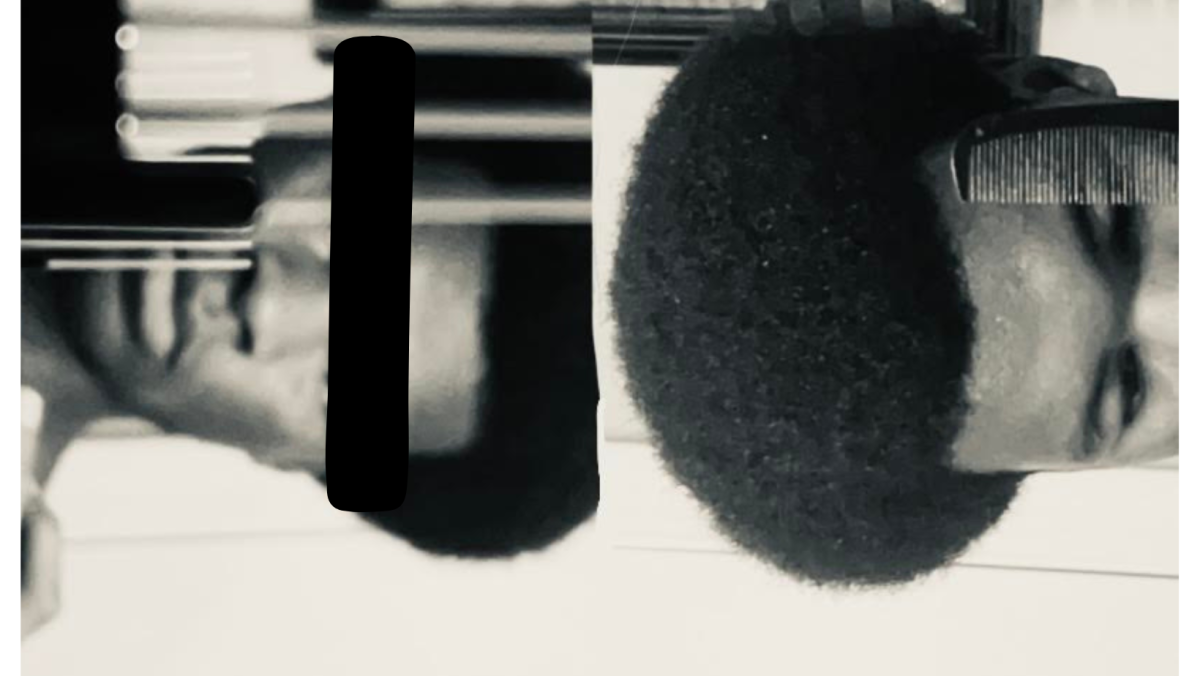
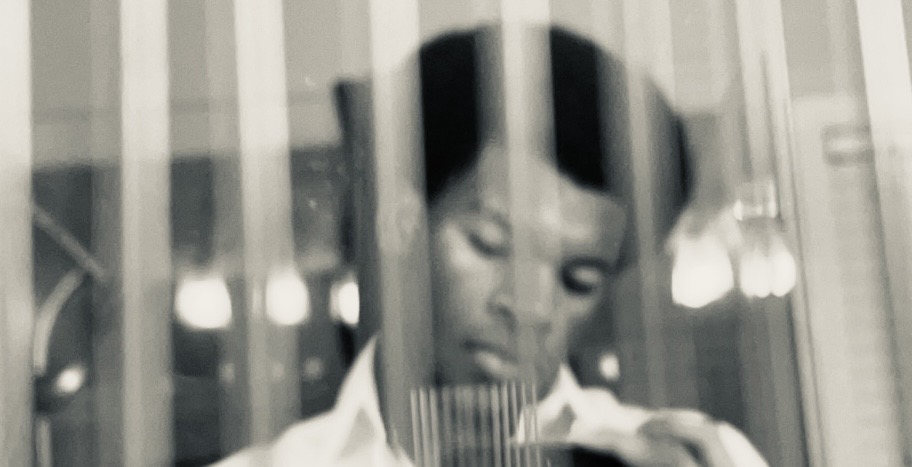

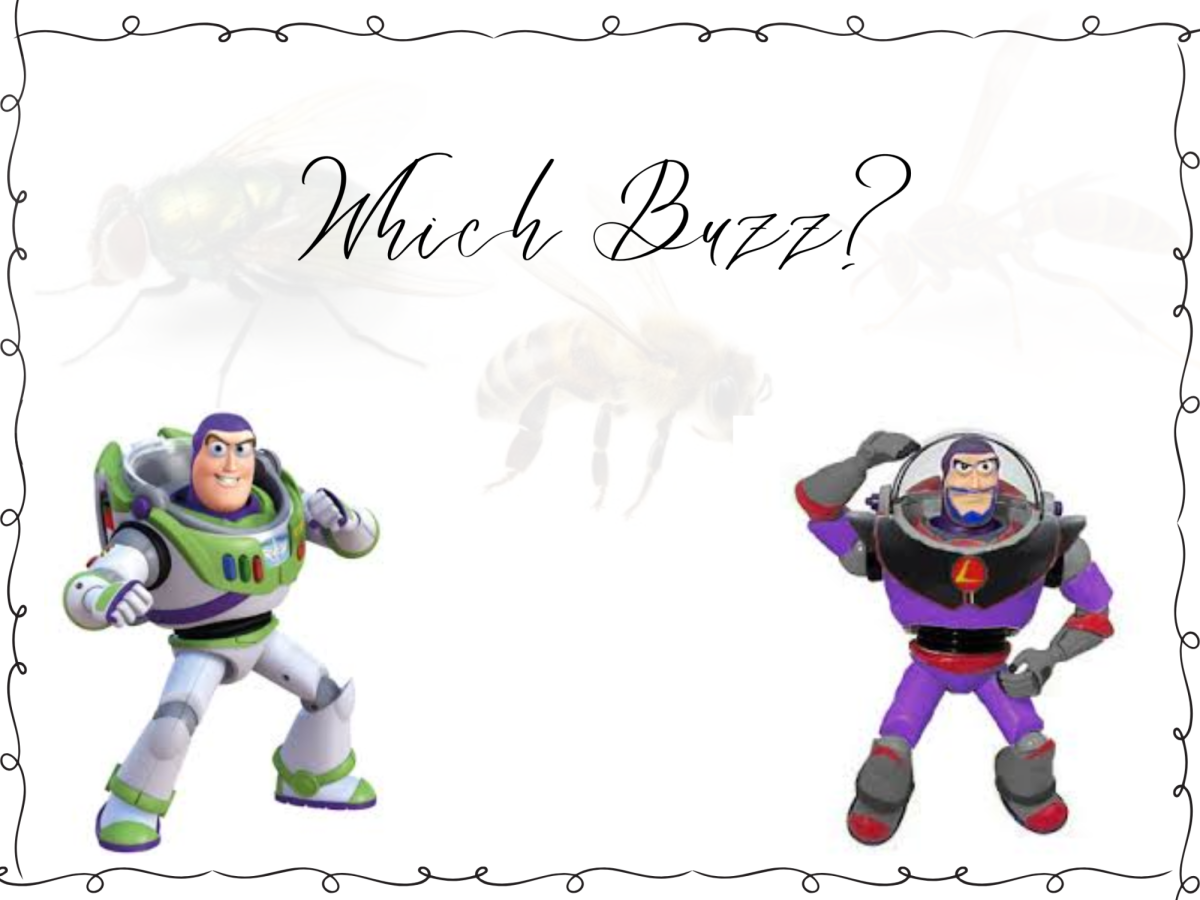
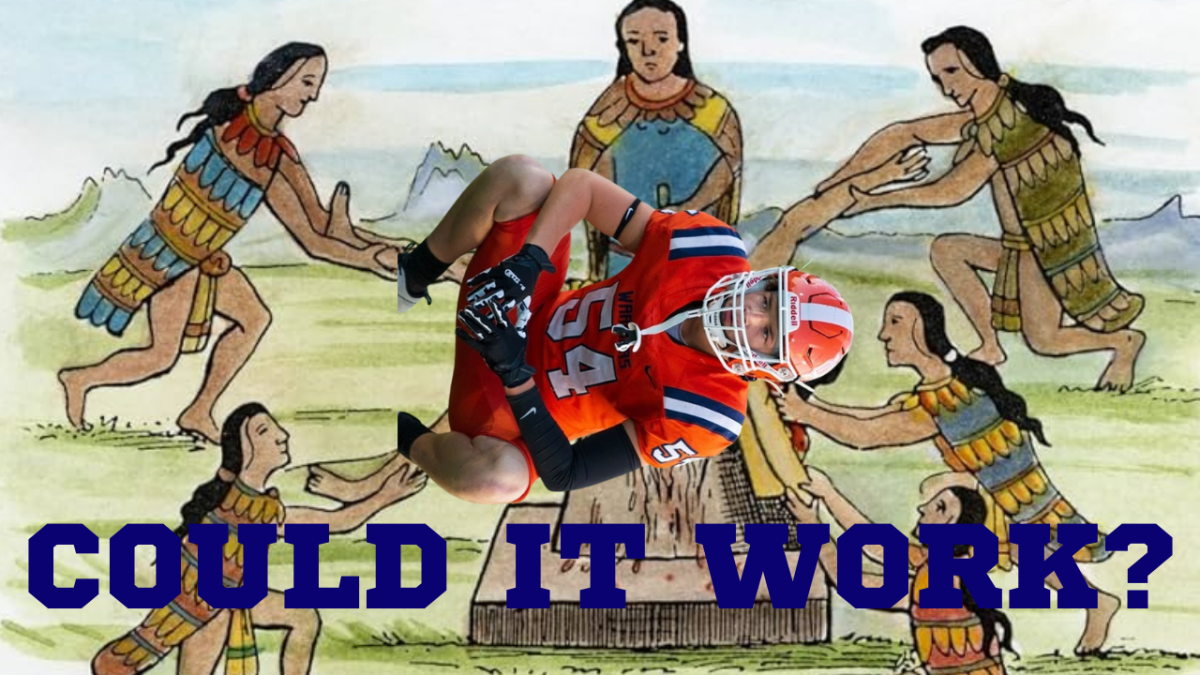


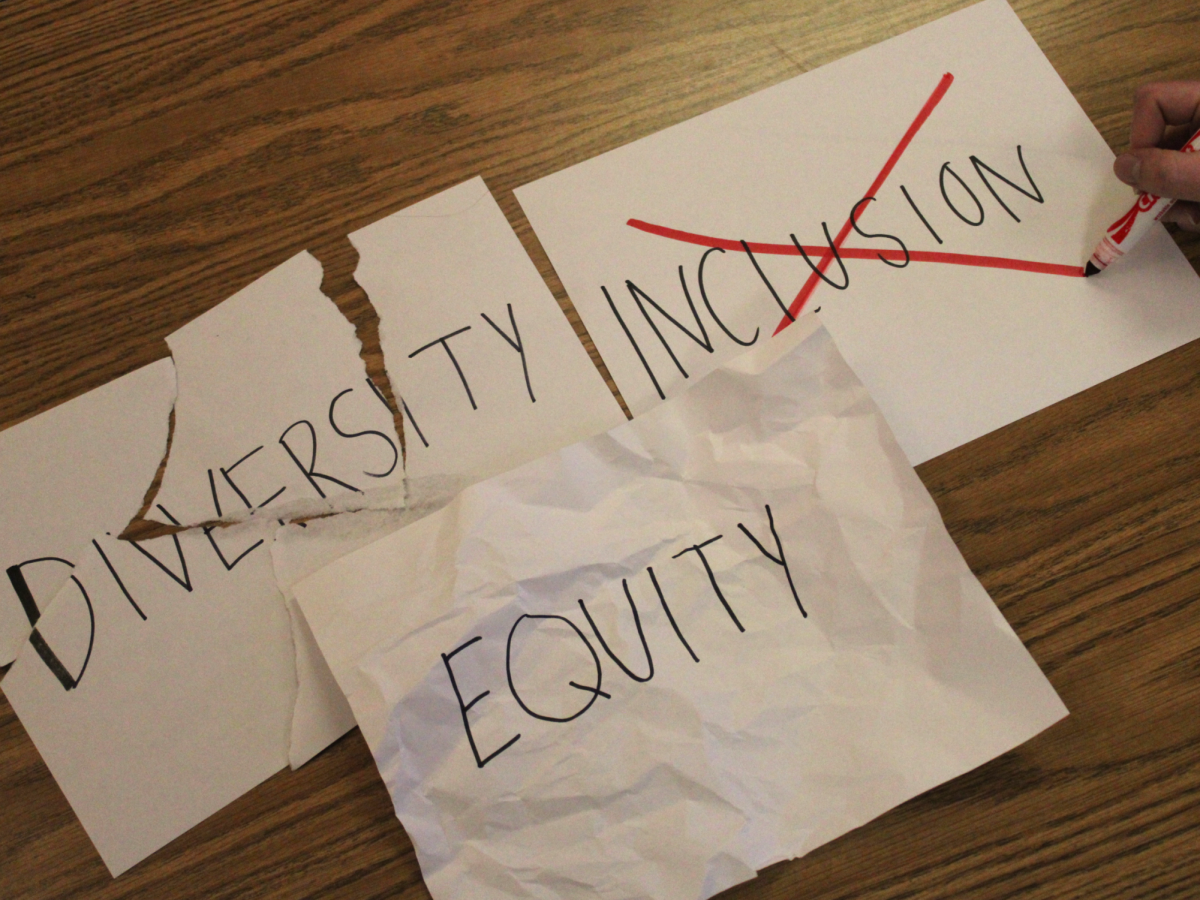
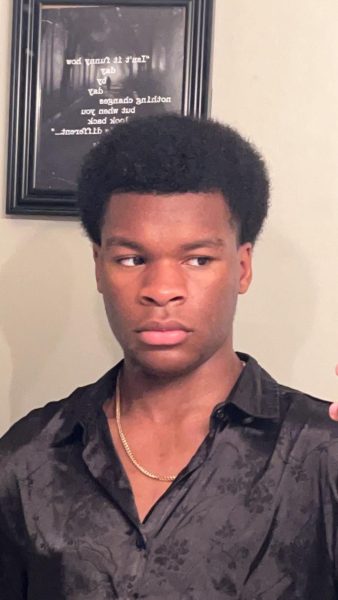
Deanna Jones • Oct 10, 2023 at 10:06 PM
Well written, loved the article.